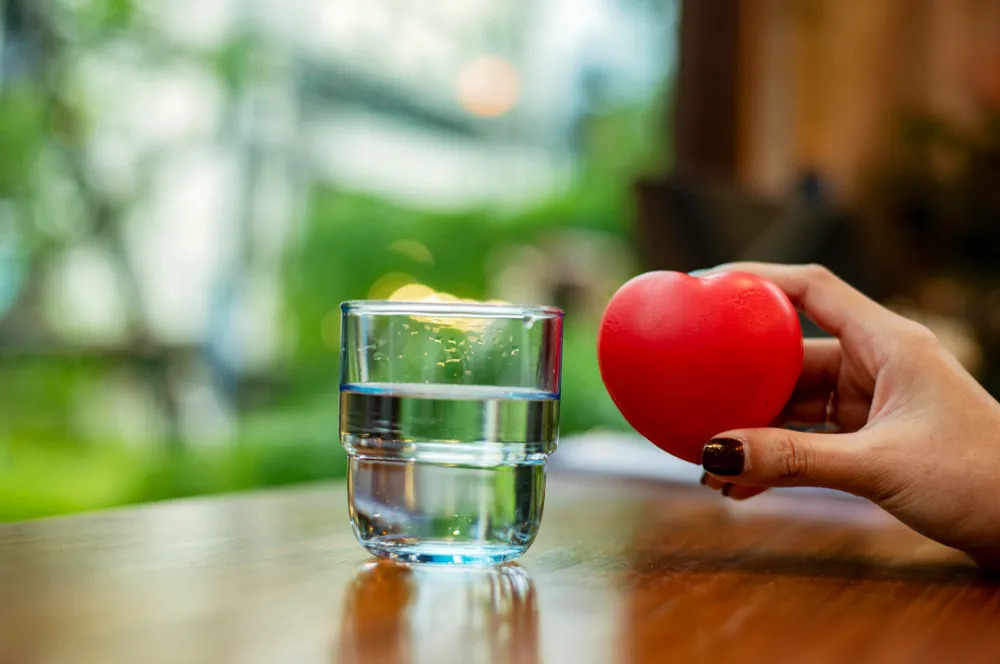The monsoon season, while refreshing, introduces several challenges for maintaining good health. With the pleasant weather comes a high level of humidity and cooler temperatures that can affect how often we feel thirsty. This drop in thirst might lead many to overlook their water intake, which is not only harmful to overall health but can also have serious implications for those with cardiovascular conditions. Understanding how dehydration affects heart health and how to stay hydrated is crucial, especially during the monsoon.
How Dehydration Affects Heart Health
Dehydration can have several negative effects on heart health. Proper hydration supports the regulation of blood pressure, helps maintain a balanced level of electrolytes, and ensures that the heart functions efficiently. In cooler, more humid conditions, like those found in the monsoon season, the body’s natural signals for thirst might diminish. This can lead to a lower water intake, which poses additional risks for individuals with heart disease. Therefore, maintaining hydration is an important aspect of heart health, particularly when the climate makes it easy to forget to drink water.
How Much Water Should You Drink?
General recommendations suggest drinking around eight glasses of water daily, but this can vary depending on individual factors such as age, weight, physical activity, and overall health. For those with heart conditions, it’s important to consider factors like medications and any specific fluid restrictions advised by a healthcare provider. Consulting a healthcare professional will help you adjust these general recommendations to meet your personal needs and health goals.
Practical Hydration Tips for the Monsoon Season
To help you stay hydrated during the monsoon, here are five practical tips:
- Track Your Fluid Intake: Keeping an eye on how much water you drink each day can ensure you meet your hydration needs. Using an app or maintaining a hydration journal can be helpful for this purpose.
- Maintain Electrolyte Balance: High humidity can lead to electrolyte imbalances due to increased sweating. Adding foods rich in potassium and magnesium to your diet can help balance electrolytes, but always do this under the guidance of a healthcare provider.
- Limit Caffeine: Caffeine in drinks like coffee and tea has a diuretic effect, which can increase fluid loss. Reducing your caffeine intake and choosing decaffeinated or herbal beverages can assist in maintaining hydration.
- Include Water-Rich Foods: Eating fruits like watermelon and oranges, as well as vegetables like cucumber, which have high water content, can contribute to your overall fluid intake.
- Manage Medications Carefully: Some medications can influence hydration levels or electrolyte balance. Discuss any concerns with your doctor and follow the prescribed medication routine.
Recognizing the Signs of Dehydration
It’s important to recognize dehydration early to address it effectively. Key signs to watch for include:
- Dry mouth and lips
- Dark-colored urine
- Dizziness or lightheadedness
- Fatigue or confusion
By being aware of these symptoms, you can take steps to rehydrate and maintain your health.
Conclusion
Proper hydration is a key factor in managing heart health, especially during the monsoon season when the weather might make you less aware of your fluid needs. Following the above guidelines can help you manage your hydration effectively and support your cardiovascular health during this period.
Always consult with your doctor or a healthcare professional before making significant dietary changes for personalized advice tailored to your medical history and current health status.

